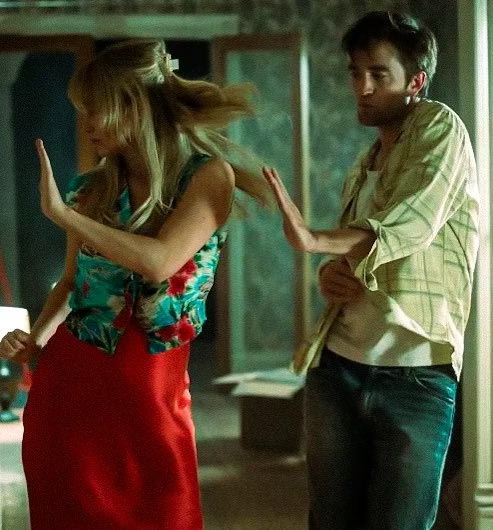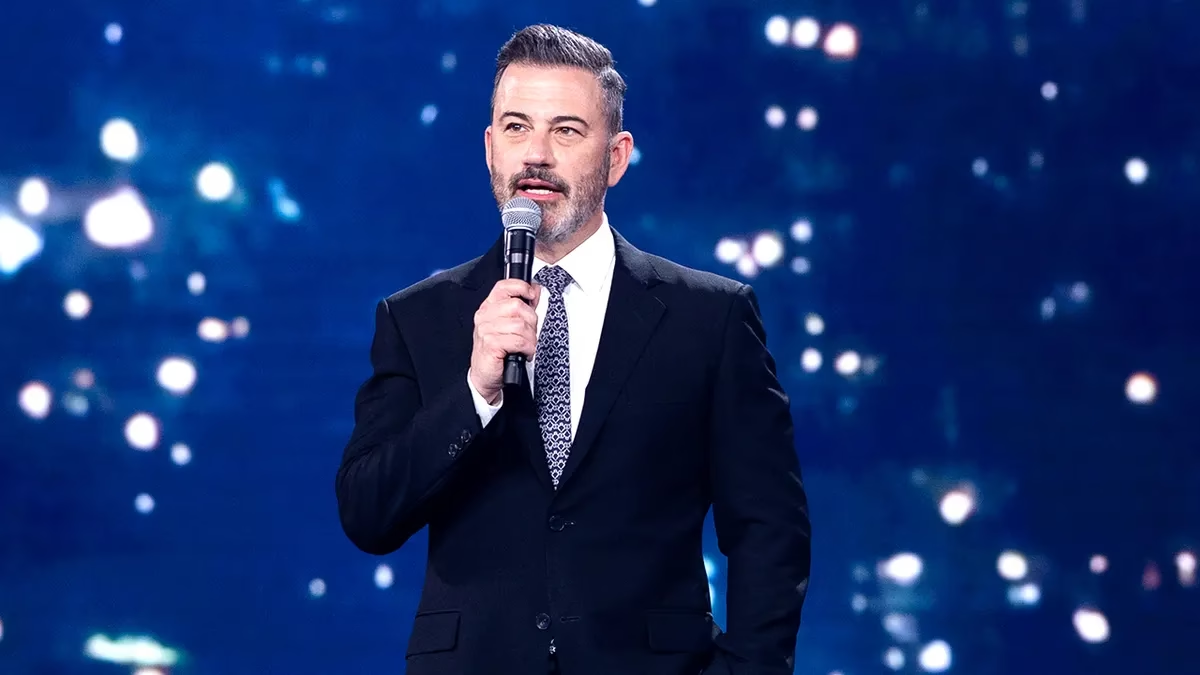
Lynne Ramsay’s films are never easy to digest, her hard-edged psychological dramas rejecting comfort and tidy resolutions. In her jagged fifth feature, Die My Love, the uncompromising Scottish director stays true to form. Jennifer Lawrence delivers a no-holds-barred performance, navigating the blurred lines between disturbed reality and disturbing fantasy. As a woman uprooted to rural America, she grapples with marriage, motherhood, and domesticity, all of which threaten to erode her sanity.
While screenwriters Enda Walsh, Lynne Ramsay, and Alice Burch transplant Argentine writer Ariana Harwicz’s Lynchian 2012 debut novel from the French countryside to rural America, they preserve its piercing focus on a woman battling her demons amid increasingly feverish isolation — whether she’s alone or surrounded by people.
Lynne Ramsay’s films are rarely easy to digest, and her latest, Die My Love, is no exception. Known for her hard-edged psychological dramas, Ramsay’s fifth feature stays true to her uncompromising style. Adapted from Ariana Harwicz’s Lynchian debut novel, the story is relocated from the French countryside to rural America. Yet, the piercing focus on a woman battling inner demons in feverish isolation remains intact.
Jennifer Lawrence stars as Grace, opposite Robert Pattinson’s Jackson, a couple moving from New York to a remote house inherited from Jackson’s uncle. The family dynamic is shaped by the presence of Jackson’s parents, Pam (Sissy Spacek) and Henry (Nick Nolte), who still live nearby. The house itself — a spacious, weathered relic surrounded by prairie grasslands — becomes a setting for Grace’s psychological unraveling.
Ramsay’s choice of the boxy 4:3 aspect ratio, captured by cinematographer Seamus McGarvey, emphasizes the oppressive isolation. The film opens with a striking fixed-camera shot, as the couple moves through their new space. Jackson, eager to please, reassures Grace that there are no close neighbors, giving her the freedom to blast music as loud as she likes — a freedom Grace soon exploits, leading to a spontaneous, primal intimacy on the floor.
However, the arrival of their baby shifts the dynamic. Grace’s voracious sexual appetite becomes increasingly unfulfilled, and her actions grow erratic. She prowls the yard on all fours, fantasizes about a biker (LaKeith Stanfield), and exhibits increasingly concerning behavior, from ignoring housework to public nudity and destructive outbursts. Grace’s erratic actions blur the lines between reality and fantasy, highlighting her deteriorating mental state.
Ramsay’s fragmented storytelling occasionally disrupts the film’s flow, jumping between Grace’s pregnancy and postpartum life, leaving the audience uncertain. Even moments like Pam’s sleepwalking or the family’s talk of motherhood feel like loose threads. The film’s first half drags as Grace’s paranoia and frustration escalate, convinced that Jackson’s infidelity is to blame. Meanwhile, Jackson’s earnest attempts to support her, including adopting a troublesome dog, backfire spectacularly.
Lawrence’s performance is raw and fearless, but Grace’s feral behavior and abrasive persona can make her difficult to empathize with. In contrast, Pattinson’s portrayal of Jackson is marked by tenderness and quiet despair. Despite Grace’s volatility, his enduring love and forgiveness ground the story. A poignant scene of them singing along to David Bowie’s “Kooks” hints at the love still lingering beneath their fractured relationship.
The final act redeems the disjointed buildup, reflecting on the complexities of love and mental illness. As Grace’s destructive impulses come to a head, a striking visual of a forest fire — first seen fleetingly at the start — reappears, symbolizing both the chaos of her desires and Jackson’s realization that he must accommodate them. The closing moments transform the film from a bleak character study to a nuanced exploration of a relationship stretched to its limits.
Though Die My Love is a challenging watch, it ultimately finds a powerful, haunting coherence. Ramsay’s refusal to offer tidy resolutions might alienate some viewers, but those willing to engage with its raw portrayal of psychological turmoil will find much to ponder.



